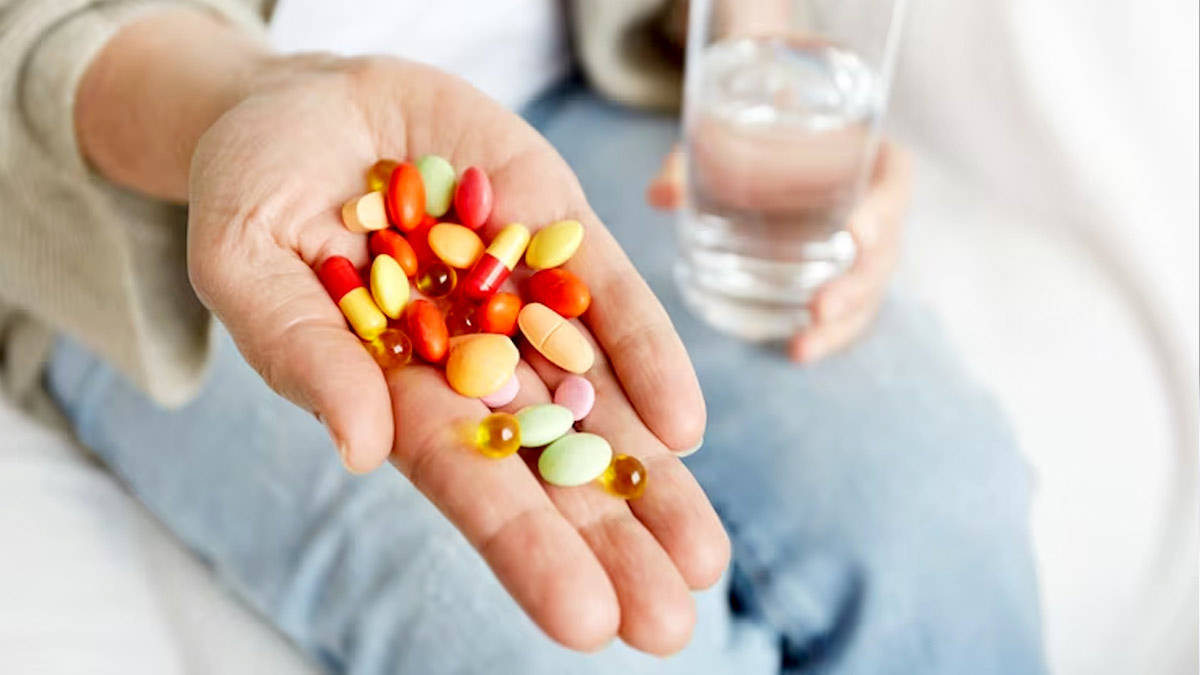
A person is said to be healthy not when they have a low body fat percentage or look good in clothes, but when they are healthy on the inside. Internal health refers to the fact that your organs are functioning properly, you have no body pain, and your minerals and nutrients are balanced. However, dieting for an extended period of time or without a break leaves a negative impact on our health. Diets typically involve eating only one type of food, which is why we only get the same kind of nutrients. So, if you are new to dieting or have been dieting for a while, let us first understand what happens when you eat the same food for an extended period of time, the common nutrient deficiencies it brings, and how to avoid them.
Table of Content:-
What Happens When You Diet For Long?
Dieting's main goal is to heal the body from the inside out, but we only think about it from a physical standpoint. We continue to eat the same foods because it helps us lose weight, which is an incorrect approach. Why? Because when you eat the same foods every day, you get the same nutrients, which leads to a deficiency of some vitamins and an abundance of others. That is why, even if you diet, it is recommended that you try various food sources. For example, don't eat the same fruits, and alternate between carbs and protein sources to ensure that all vitamins and minerals are balanced in your body.

Common Deficiency To Watch Out For
Vitamin D
Struggling with body pain or frequent muscle injuries? Chances are your vitamin D levels are super low. Talking about Vitamin D, it is an important vitamin that helps to strengthen bones and muscles. It also acts as an anti-cancer and anti-diabetic agent. A person can get vitamin D from two sources: sunlight and food. Eggs, chicken, fish, and tofu are some of the food sources of vitamin D.
Also Read: 5 Reasons Your Calorie Deficit Is Not Working For Weight Loss
Iron
Iron deficiency is very common, especially among young women, children, and vegetarians. Its symptoms include fatigue, a weakened immune system, and impaired brain function. Moreover, iron deficiency is a common cause of anaemia, a condition characterised by a low number of red blood cells. If you get sick easily and are susceptible to viruses, you may be iron deficient, and you should start eating foods like spinach, broccoli, red meat, liver, and oysters to boost your immunity.

Calcium
Calcium is the most important component of bone. It is also necessary for the proper working of the heart, muscles, and nerves. Calcium deficiency should not be overlooked because it causes weak bones, which invites bone problems such as arthritis and osteoporosis. However, calcium deficiency can be overcome by including dark green vegetables, dairy products, and boned fish in one's diet.
Also Read: 5 Weight Loss Tips That Never Work
Magnesium
Magnesium aids digestion, bone health, sleep, mental health, and cardiovascular health. Its deficiency can lead to osteoporosis, heart disease, diabetes, and even kidney damage. A person can get enough magnesium by eating whole grains, nuts, dark chocolate, and dark green leafy vegetables.
Image Credit: Freepik
Also watch this video
How we keep this article up to date:
We work with experts and keep a close eye on the latest in health and wellness. Whenever there is a new research or helpful information, we update our articles with accurate and useful advice.
Current Version